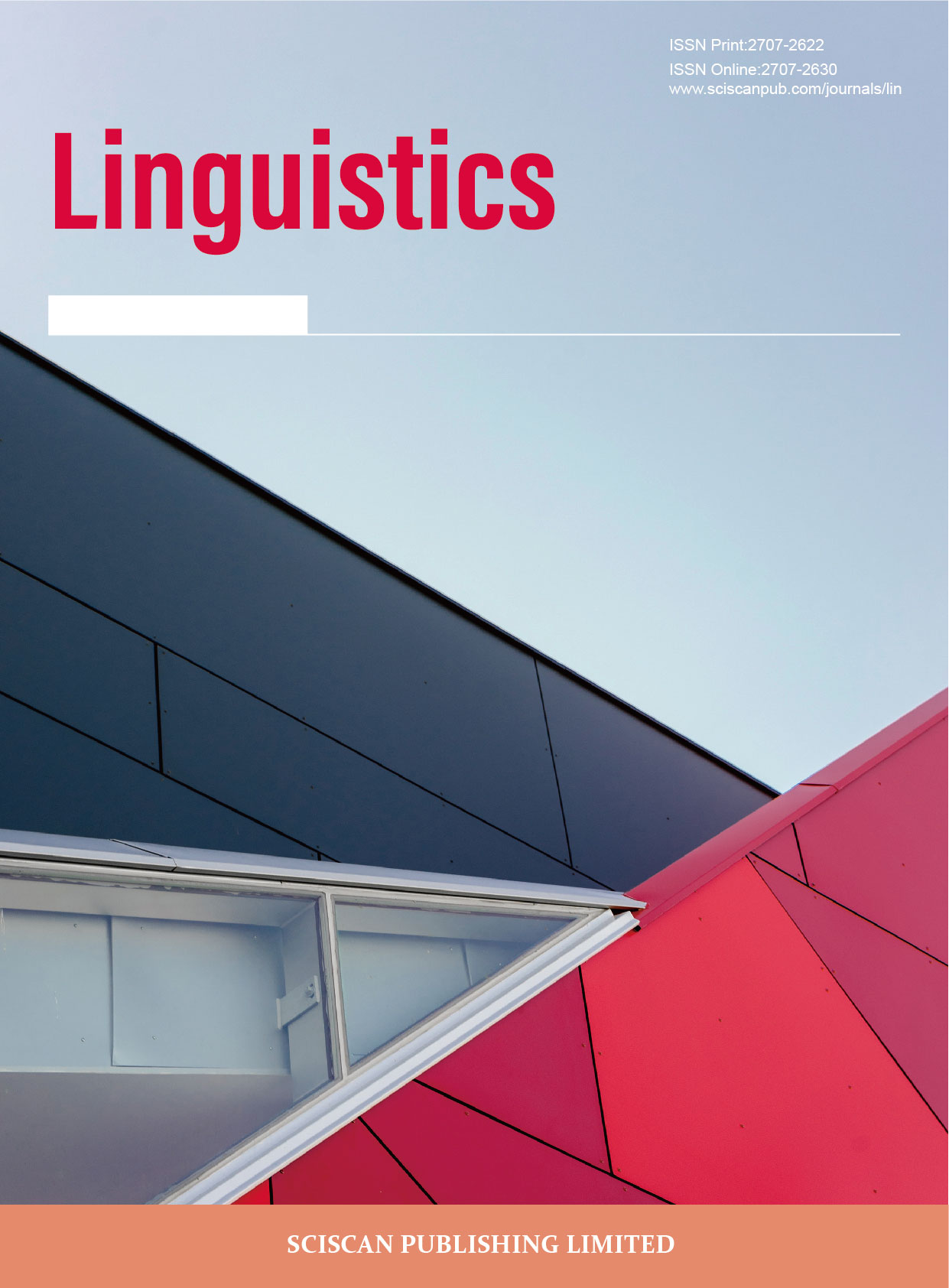Subscribe to the latest published information from SCISCAN
《三诗人书简》:一份关于诗人 之爱的交错、际会与境界的书信 遗产
Letters of Three Poets: A Legacy of Interlace, Happenstance and Boundary of Poets’ Love
- Authors: 张艺
-
Information:
南京理工大学外国语学院,南京
- Keywords: 《三诗人书简》;里尔克;帕斯捷尔纳克;茨维塔耶娃
- Letters of Three Poets; Maria rilke; Leonidovich pasternak; Marina tsvetaeva
- Abstract: 读到原本不是写给我们的书信,即便不存在审查问题,这样的事业于 文学之危,于道德之险,均不言自明。但是,如若我们不是迎上前去,不仅无 缘于欧洲诗史上的一段珍闻,而且也失去了直接步入诗人们那封存着的内心世 界的机会。美国作家、批评家苏珊·桑塔格很早便发现摆在我们面前的这本记 载着从一九二六年四月至年底往来于瑞士、法国和苏联之间的奥地利诗人里尔 克、俄罗斯诗人帕斯捷尓纳克、流亡国外的俄罗斯诗人茨维塔耶娃三方通信的信笺集《三诗人书简》早来的荣誉,为此命运之声的传播撰写了名文“一九二六 年……帕斯捷尓纳克、茨维塔耶娃、里尔克”。本文认同《三诗人书简》中译 者刘文飞的话,“不能以一般世俗爱情眼光审视这段情史”,“试图”从帕斯 捷尓纳克作为“爱桥”、茨维塔耶娃作为“主角”、里尔克作为“慰籍”的三 方维度使这份关于诗人之爱的书信遗产尽可能把三诗人当时的心境“敞开”向 后来的我们,引导我们应该如何评价三诗人的爱情和艺术。
- Confronted with letters originally not belonging to us, even if there does not exist examines issues, danger of such career is self evident concerning literature moral. However, if we dare not meet it, we not only miss these tidbits in history of European poetry, but also lose chance of stepping into the keeping inner world of poets directly. American writer and critic Susan Sontag has found the book Letters of Three Poets very early which records letters of three-party communications in between Austria poet Rilke, Russian poet Pasternak and exile Russian poet Tsvetaeva to and from Switzerland, France and Russia from April to December of the year 1926. Immediately recognizing its prestige, she writes a very famous essay named “the year 1926: Rilke, Pasternak and Tsvetaeva” to spread the book’s voice of fate. This article agrees with Liu Wenfei, Chinese translator of Letters of Three Poets, concerning why we cannot judge this love history from ordinary secular criteria, we may take advantage of three dimensions of Pasternak as“love bridge”, Tsvetaeva as“main character” and Rilke as “solace” to make the letter heritage of poets’ love open wide as much as possible to us for reading three poets’ inner world and for being guided how to judge their love and art.
- DOI: https://doi.org/10.35534/lin.0204027
- Cite: 张艺.三诗人书简:一份关于诗人之爱的交错、际会与境界的书信遗产[J].语言学,2020,2(4): 303-325. https://doi.org/10.35534/lin.0204027














